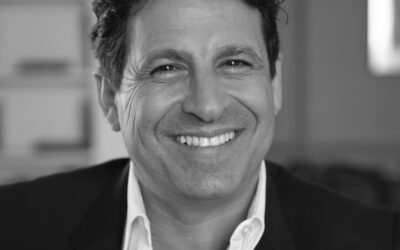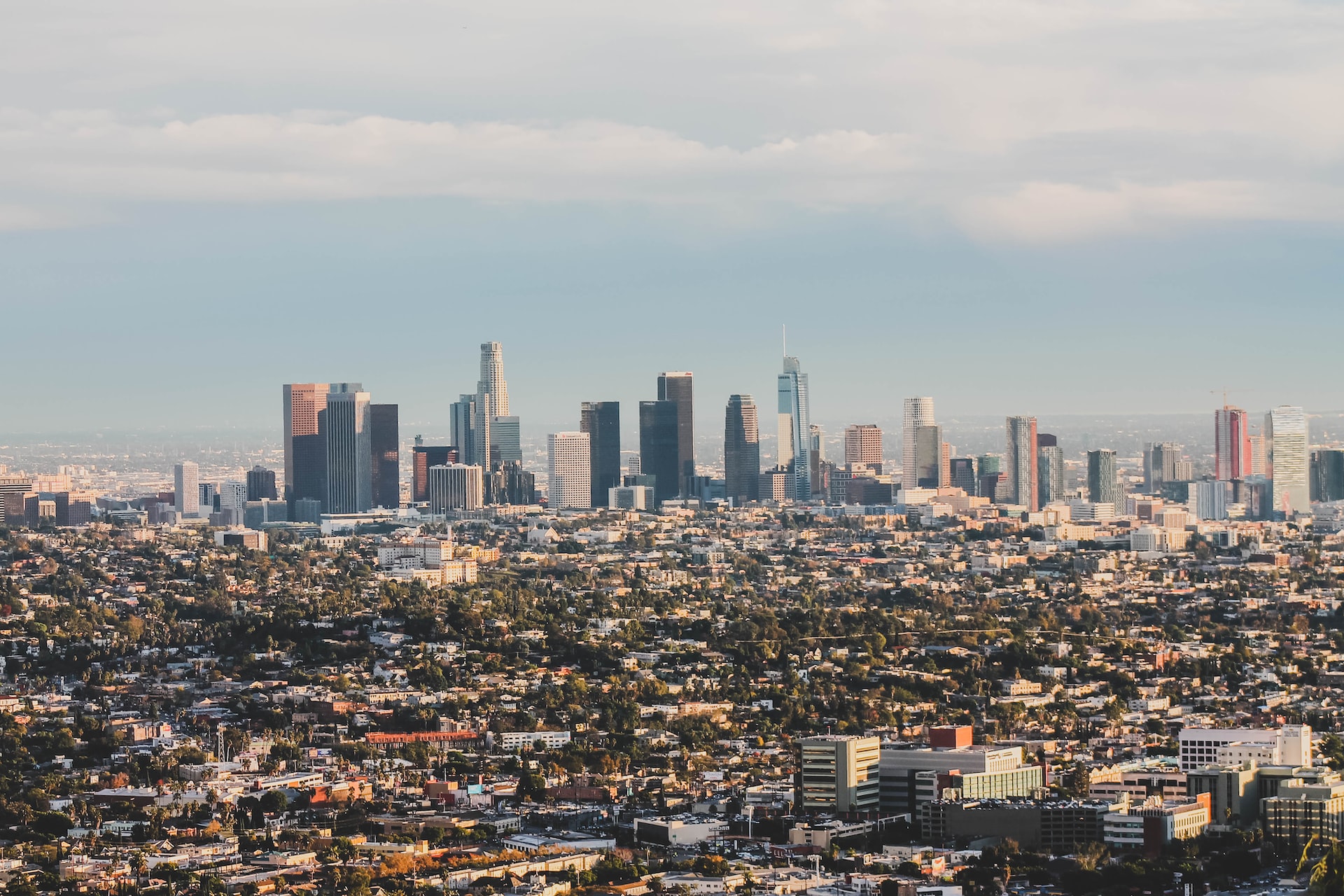
The Koreatown (K-Town) neighborhood of Los Angeles, California, is trendily known for its diversity in cultural heritage, 24-hour nightlife, award-winning and celebrity chef-inspired restaurants, and various entertainment options for its residents. The town caters to LA’s mid-to-upper class young professionals with a high-end appetite for urban living and no desire for the burden of home ownership. Koreatown has become a central location in LA for newcomers to settle in and it’s a millennial magnet. This is due to the many public transit options, the walkability, and convenience to other important LA neighborhoods.
This trend has opened an opportunity for players in real estate to buy smart and hold multi-family projects that generally appreciate in value. CGI+ has had success in developing modern, affordable luxury housing projects for the growing population in the area.
This part of town wasn’t always an up-and-comer in the Hollywood spotlight. K-Town can be traced back to 1902 when an immigrant, Dosan Chang Ho Ann, and his wife came to the United States. A year later, many Korean immigrants settled in Hawaii and started moving toward Southern California to acquire work as farmers in the quest for the American dream.
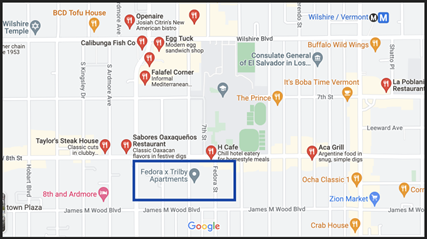
Known today as the heartbeat of LA, Koreatown lies south of Hollywood and west of Downtown, characterized by 24/7 energy packed with a diverse ethnic locality of a trilingual community where the three distinctive cultures are English, Korean, and Spanish.
A Dark Period in Koreatown
The Los Angeles riots of 1992 traumatized many of the City’s unimpressive and average neighborhoods. At that time, Koreatown wasn’t such a special gem. It was largely inhabited by Korean immigrants hoping to simply survive in the land of wealthy Angelenos. Rioters targeted the neighborhood in an attempt to drive them out, and it presented a dark phase for the growing neighborhood. Many Korean businesses and establishments were destroyed, forcing the owners to close their doors permanently.
However, just like the grit and perseverance required to make it in America as a first generation immigrant, the city and its residents used the crisis as a leveraged opportunity. The reconstruction of the famous hub of Korean culture has been steady and impressive, with many Korean Americans rebuilding their businesses or starting new ones. The residents received monetary support from wealthy South Koreans, which saw Korean culture explode globally.
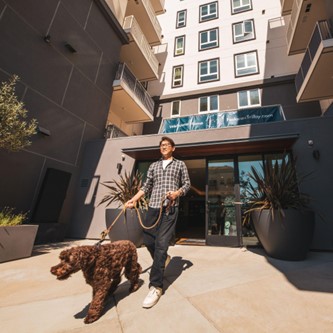
Curbed LA has voted for Koreatown as the most desirable place to develop and live, which is evident with Trilby and Fedora’s consistent occupancy rate of around 95-96%.
Real Estate in the Modern day Koreatown
Modern Koreatown, its architecture and every-evolving lifestyle are the result of hungry 1st generation immigrants with a vision to bring a part of themselves to Los Angeles. Which much of the original architecture and masonry stonework remain, Asian culture is largely expressed visually in clean lines, greenery, and minimalism.
Real estate developers who have kept their finger on the pulse of the neighborhood and community are set to profit big as K-Town continues to grow, change, and explode over the coming years.
CGI+ presence in Koreatown
CGI+ is a real estate company with a mission to build and add value to multifamily residences by creating extraordinary spaces with culture and personality for its clients. Under the able leadership of Gidi Cohen, this company utilizes opportunities missed by its competitors while leveraging its unique construction record. The team has an eye for recognizing the potential in a property and creating remarkable transformations in functionality and aesthetics in the real estate market.
CGI+ has been on the front line and at the center of the action, surrounded and supported by energetic and diverse communities open to new, divergent, and modern ideas in real estate. CGI+ has successfully acquired and executed The Kodo and Mariposa projects in the area.
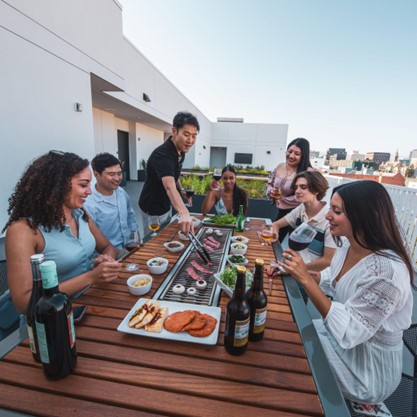 Fedora and Trilby
Fedora and Trilby
Fedora and Trilby is a luxury multi-family project of 200 units on a combined land of five lots between Fedora street and Mariposa Avenue, with two on Fedora and three on Mariposa. This communal development at 841 Fedora street was completed in the spring of 2022.
CGI+ has recorded notable success in their earlier projects in Koreatown, and their latest one, Fedora and Trilby, has recently been completed. The real estate value in Koreatown has favorable land value because of the town’s central location in Los Angeles. The increased demand for residences in walkable places with various dining, entertainment, and shopping areas should see apartment buildings maintain over 90% occupancy for years to come.

